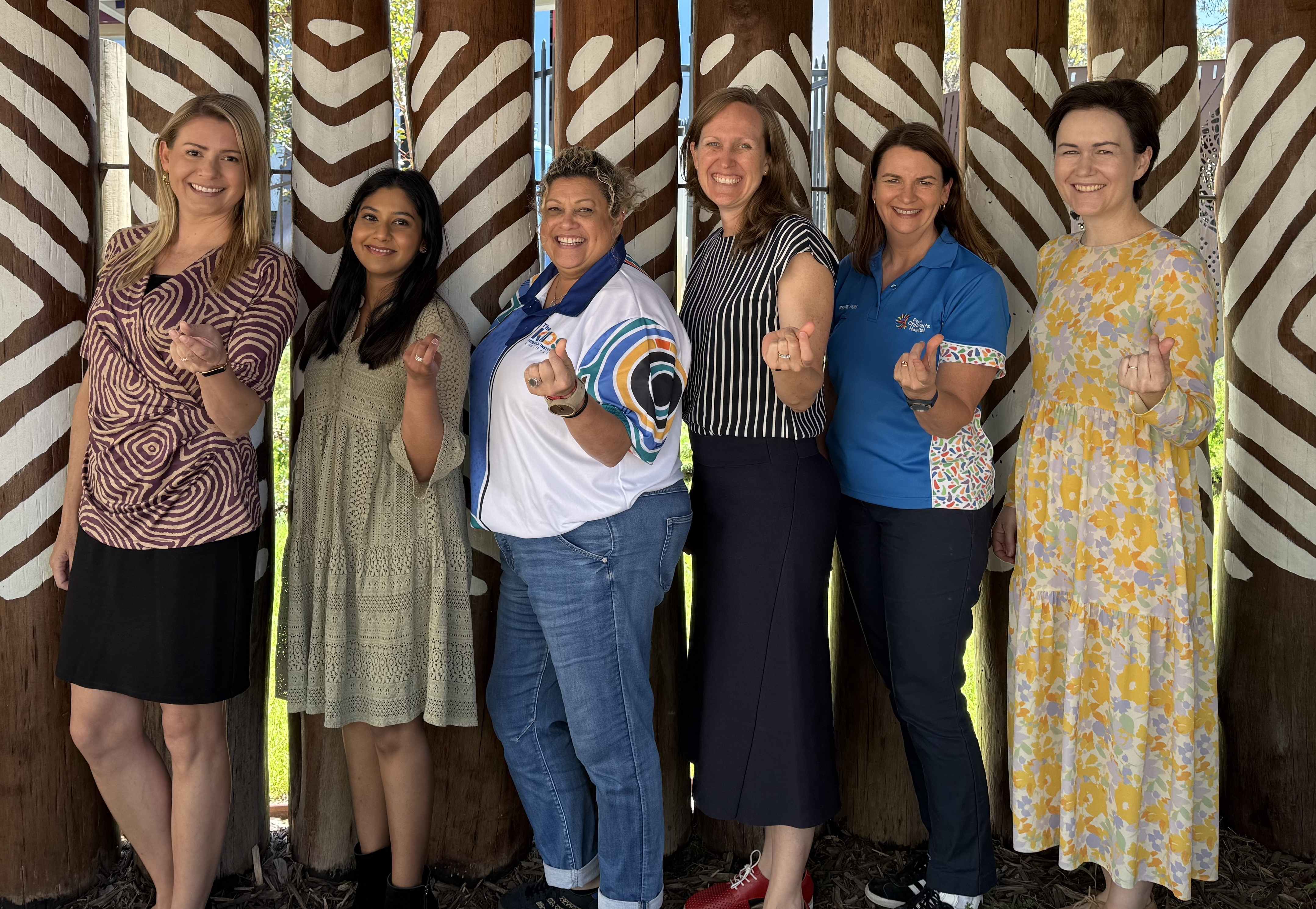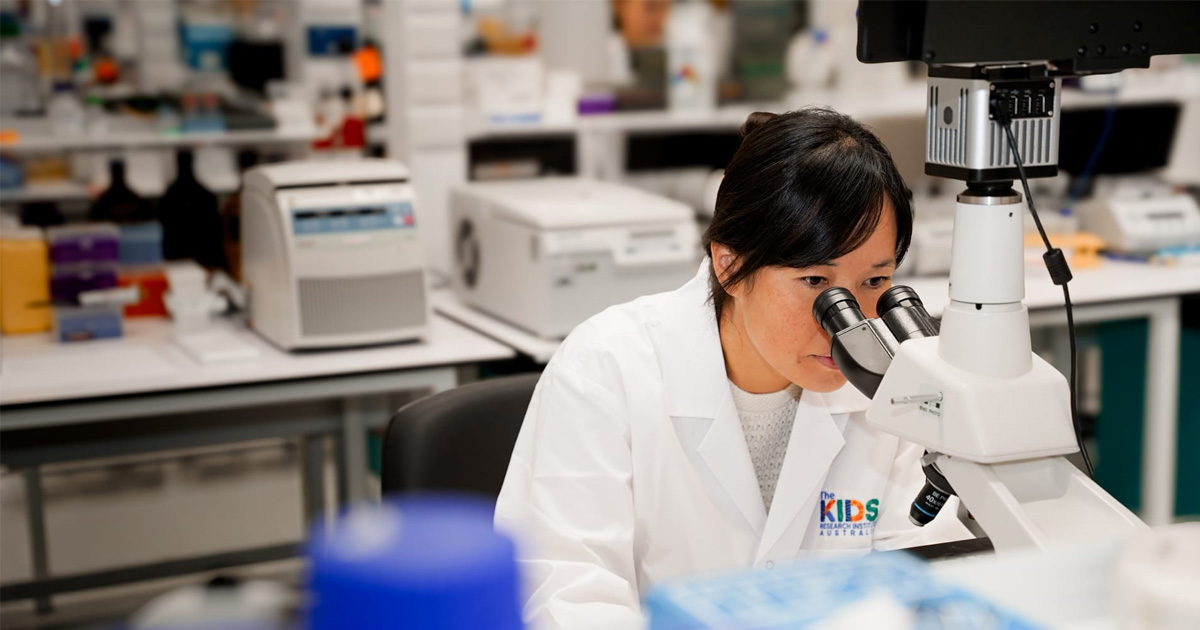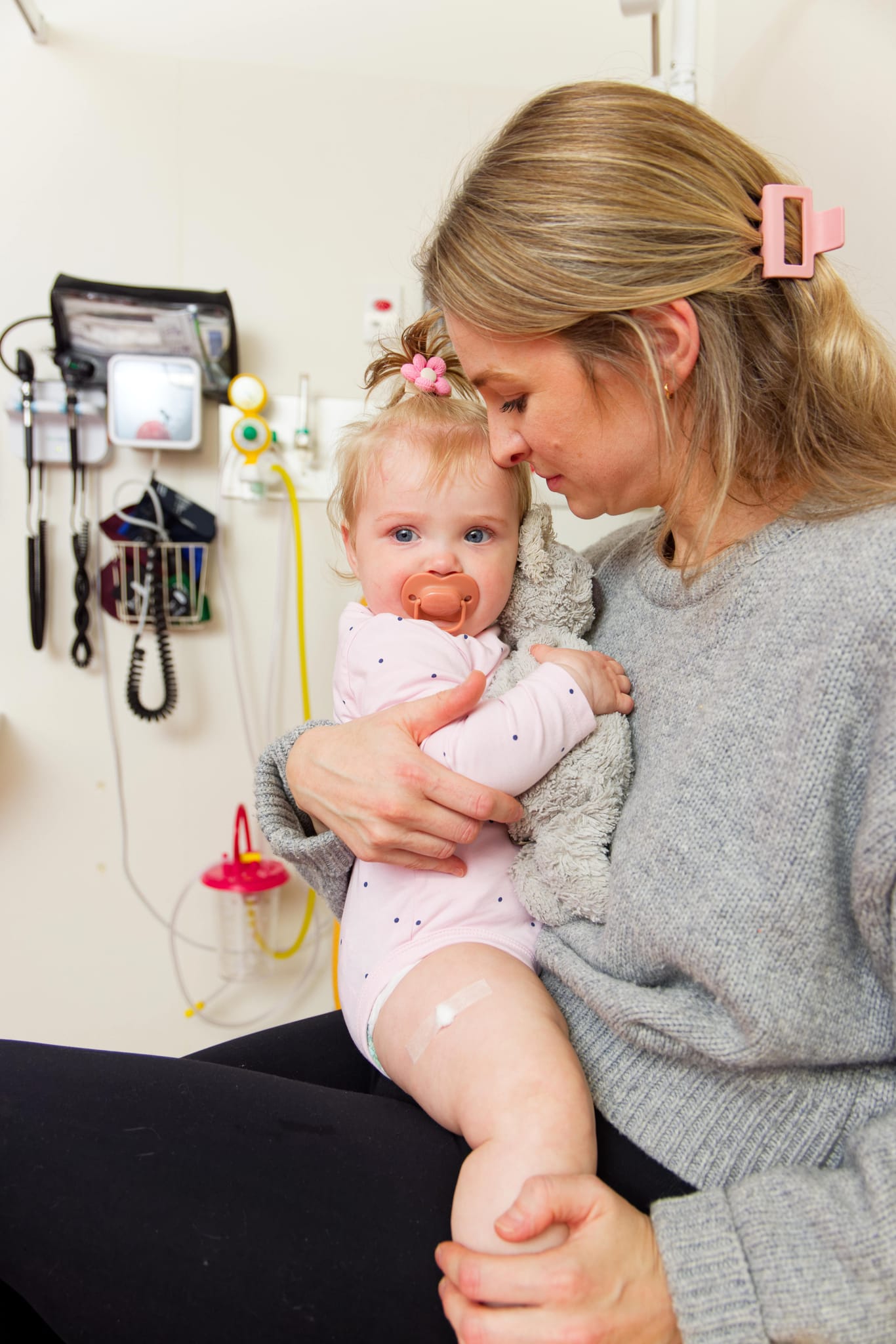Search
Research
Assessing the impact of the 13 valent pneumococcal vaccine on childhood empyema in AustraliaEmpyema is a serious complication of pneumonia frequently caused by Streptococcus pneumoniae (SP). We assessed the impact of the 13-valent pneumococcal conjugate vaccine (13vPCV) on childhood pneumonia and empyema after inclusion in the Australian National Immunisation Program.
Research
Hospital admissions for skin and soft tissue infections in a population with endemic scabies: A prospective study in Fiji, 2018-2019Scabies is an important predisposing factor for impetigo but its role in more serious skin and soft tissue infections (SSTIs) is not well understood. Information is limited on incidence of SSTIs in the presence of endemic scabies. We conducted a prospective study of hospital admissions for SSTIs in the Northern Division of Fiji (population: 131,914). Prospective surveillance for admissions with impetigo, abscess, cellulitis, wound infection, pyomyositis, necrotizing fasciitis, infected scabies, and crusted scabies was conducted at the Division's referral hospital between 2018 to 2019. Information was collected on demographic characteristics, clinical features, microbiology, treatment and outcomes.
Research
A platform in the use of medicines to treat chronic hepatitis C (PLATINUM C): protocol for a prospective treatment registry of real-world outcomes for hepatitis CSafe, highly curative, short course, direct acting antiviral (DAA) therapies are now available to treat chronic hepatitis C. DAA therapy is freely available to all adults chronically infected with the hepatitis C virus (HCV) in Australia. If left untreated, hepatitis C may lead to progressive hepatic fibrosis, cirrhosis and hepatocellular carcinoma.
Research
Developmental outcomes following vaccine-proximate febrile seizures in childrenTo compare the developmental and behavioral outcomes of children experiencing an initial vaccine-proximate (VP) febrile seizure (FS) to those having a non-VP-FS (NVP-FS) and controls who have not had a seizure.

News & Events
New cultural safety initiative guides best practice for clinical researchPerth investigators involved in a major global trial have launched an innovative Cultural Information Hub to maximise cultural safety for Aboriginal and/or Torres Strait Islander patients participating in research.

News & Events
Kids researchers using real tonsils in quest to develop new Strep A vaccineA new study underway at the Wesfarmers Centre of Vaccines and Infectious Diseases, based at The Kids Research Institute Australia, is deliberately infecting tonsils with Strep A in the laboratory to test a range of potential vaccine candidates.

News & Events
Australia on the cusp of one-shot meningococcal protectionA life-saving meningococcal vaccine covering all five common strains of the deadly disease could soon be available thanks to vital research demonstrating the safety and effectiveness of a combination Men ABCWY vaccine.

News & Events
Raine Foundation support for researchers from The KidsCongratulations to six researchers from The Kids Research Institute Australia, who will use valuable support from the Raine Medical Research Foundation’s 2024 grant round to undertake projects focused on improving the health and wellbeing of babies, children and young people.

Join us for stories, imagination and connection in the Discovery Centre

A powerful screening of truth telling that captures the stories of the Western Australia Stolen Generation.
